
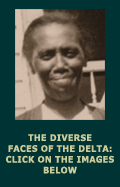

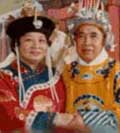 |
|
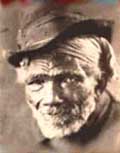 |
|
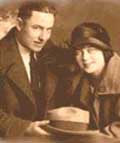 |
|
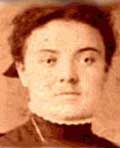 |
|
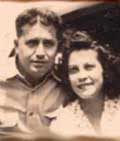 |
|
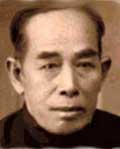 |
|
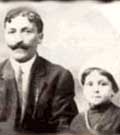 |
|
 |
|
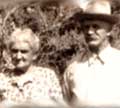 |
|
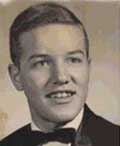 |
|
RACE:MISSISSIPPI
TRANSCRIPT OF HORACE HARNED VIDEO SEGMENT
H: It was said there were certain big well-proportioned male slaves that were sent around from plantation to plantation to breed up the stock.
State Legislator
H. They called them breeders
White Citizens Council
Southern Baptist
H. Some of the women were breeders. And of course it became profitable, instead of buying slaves – the South quit buying slaves, they raised them. Slaves were the most important thing on the farm, the plantation, because that's where most of the money was. Land was cheap. Housing was cheap, building houses. But slaves weren't cheap at all. And a good slave family, a man and wife and two or three kids was up in the two, three thousand dollar range. And a good slave, top notch slave was priced at around twelve hundred dollars when the best race horse or the best saddle horse was maybe a hundred dollars and a cow about ten dollars and a pig one or two dollars. See, that's the price structure at that time.
Before the War of Yankee Aggression the Southerners kind of cultivated the blacks and were bringing them into their culture system and worshipping with them and influencing them. But then when the Reconstruction period came about the mission of the Reconstruction government was to separate the races. They made them leave the churches. They tried to break off all relationship between the white and the black.
The slaves that they had here on this place were kept in the families. They bought the families together, they kept the families together, they went to church and worshipped with them in the same church. It was a close relationship there. It's hard for us to understand. We can't understand it because we're not in their shoes.
J: What makes different races?
H: The Lord made them different.
J: Are Jews a different race?
H: No, they're not. They're a different religion.
J: Are Chinese a different race?
H: Oh, yeah.
J: Are Italians a different race?
H: Their culture's different. I don't say They're not a different race. They're not a different race. I think the Italians and the French and the Germans and the Russians too, all, white Americans, they're all the same race. But, of course, the blacks are a different race and the Indians are a different race and the Chinese are a different race and then you've got the Aborigines in Australia.
J: How do you distinguish one race from another?
H: Well, by their char..facial ... physical characteristics is the main thing, their physical characteristics.
The good Good Lord charged the Jewish race to be pure and of course they didn't and he punished them [in Biblical times]. And He had his reasons and I don't question them. I believed in that, in racial purity. I surely did. And I still do.
We had one of the most prominent citizens in town here, he had a white family and he had some blacks on the side. And he took care of his blacks. He set his black son up in business on Main Street, right here.
I'm not going to say it was accepted but it was practiced that, there might be a high yellow black woman in the yard. She might be the cook. Of course, they're blaming Thomas Jefferson with some of that. And actually, that may be true. And he's the only president I have any direct relation to. Collaterally, we have some of the same genes. And he's one of my favorite American heroes, Thomas Jefferson. And if he, after his wife died, if he cohabited with an attractive black female there, why you know that, that was winked at.
LIFE, LIBERTY AND PROPERTY
H. We have universal suffrage now and I just never did believe universal suffrage would work to the best interest of everyone. And I think that the main thing we need to keep in mind in politics and government is: the most important civil right is the right to own property. Property rights, if we stick with property rights we'll be a free country right on.
Now, I'm a kind of an outsider in most thinking in this day and time. They don't listen to me any more, but during the 60s my position was the prevalent one throughout the whole South
EPILOGUE
Alyene Quinn
I feel like that everybody is, you might be different color, but you are the same. There shouldn't be any races. Now you know we're all different color but we're all the same, we're just as one person.
© Jane Adams & D. Gorton 2002